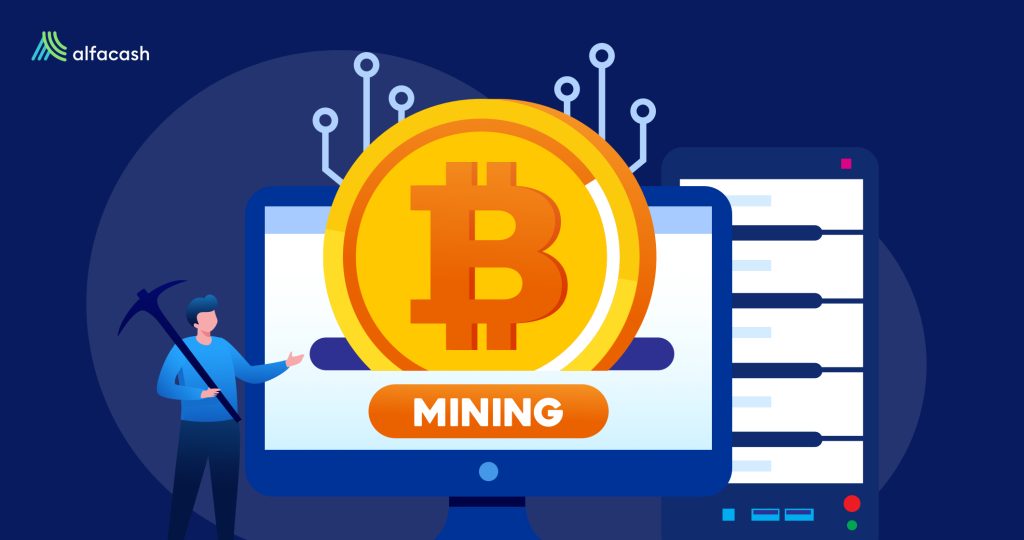The bearish market in 2022 hasn’t been kind to BitcoinBitcoin is the first decentralized digital currency. It was created in 2009, by an anonymous founder or group of founders... More miners worldwide. Several mining companies are struggling for survival right now, but others are performing very well. Indeed, more institutional actors are joining the industry right now, while different lawmakers around the globe are considering their own rules for this activity.
Recently, we got the news that the Tokyo Electric Power Company (TEPCO) will use its surplus generation to mine Bitcoin. TEPCO, specialized in nuclear energy, is considered the largest power company in Japan. They’re now partnering with TRIPLE-1, a local semiconductor designer and developer, to build and activate several mining farms across the country.
At the same time, the firm Gridless Computer is running hydro-powered Bitcoin mining farms in Kenya (Africa). And not only for profit. Instead, these rigs were designed to provide cheap energy to rural communities. This way, the power rates for around 2,000 people decreased from $10 to $4 monthly.
In addition, Gridless is planning on expanding its operations through the whole continent, after a $2 million funding round. It may be trying times for the crypto industry now, but that doesn’t imply a lack of investors. Indeed, the Bitcoin mining company TeraWulf also raised more capital recently: $10 million via a registered direct offering of common stock and convertible promissory notes to some of its largest shareholders.
Last November, they also announced funding of $17 million in the third quarter. Using these resources, they’re planning to add thousands more mining machines to their current stash. The Bitcoin hashrate (computing power) is increasing, assuring a safer and faster network. Sadly, that also means a higher difficulty, more competition between miners, and more struggle for profitability.
New rules and debts for Bitcoin miners
It’s not all roses in the industry, of course. A policy update by Microsoft is now banning crypto mining on its online services without written approval. The reasons behind this new rule aren’t fully clear. However, an update on Azure (their cloud platform) explained that the measure was taken to “minimize potential fraud damage to your customers’ (Microsoft partners’) subscriptions”.
Meanwhile, Kazakhstan approved four crypto-related bills. With them on the table, Bitcoin miners will be able to use only surplus energy in this country. Additional taxes are coming too. They include a mining pool commission, a value-added tax, and a tax on crypto exchanges as business entities. Crypto miners will also need to comply with more demanding measures to obtain a license, like further infrastructure and security.
On the other hand, the previous Bitcoin bull run is taking its toll on mining companies now. Numerous brands took millionaire loans back then to buy more equipment and increase their earnings. It worked for some time, but the bearish market it’s being merciless.
Some of them haven’t been able to repay their debts, and they’re going out of business. Some others are taking advantage of this, buying cheap machines from them to increase their operations. The final consequences that this may bring to the industry remain to be seen, though.
Wanna trade BTCAn abbreviation for Bitcoin., ETH, and other tokens? You can do it safely on Alfacash! And don’t forget we’re talking about this and many other things on our social media.
